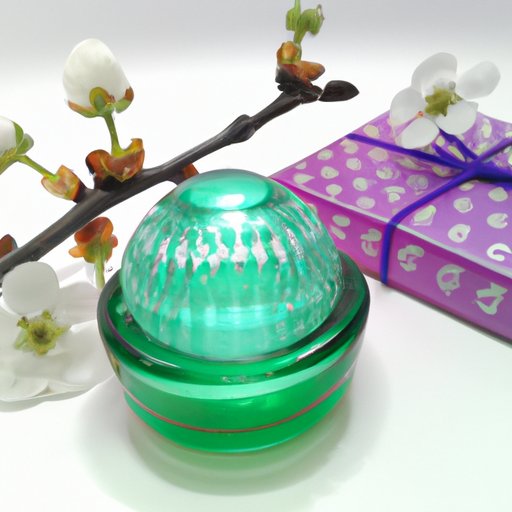
Introduction
Eczema, or atopic dermatitis, is a condition that causes dry, itchy, and inflamed skin. It can be especially frustrating when it occurs on the face as it affects the appearance of the individual and can be painful. In this article, we will discuss some tips and advice on how to get rid of eczema on the face.
Over-the-counter remedies
There are various topical creams and lotions that can be found in drugstores to ease eczema symptoms. These include hydrocortisone cream, calamine lotion, and ceramide-based products. While over-the-counter (OTC) remedies can be effective in alleviating symptoms, they may also have some drawbacks such as carrying the risk of side effects and being unsuitable for some skin types.
Home remedies
Natural ingredients can be used to soothe eczema-prone skin. Oatmeal, coconut oil, and aloe vera are known for their moisturizing and anti-inflammatory properties. One can add colloidal oatmeal to a warm bath, apply coconut oil or aloe vera gel directly to the affected areas of the face. The expected result of using these remedies is the reduction of inflammation, dryness, and itchiness caused by eczema.
Diet changes
Certain foods may trigger or worsen eczema symptoms. To alleviate these symptoms, one can switch to eating more anti-inflammatory foods such as fruits, vegetables, and lean proteins, limiting the intake of processed foods and sugar. Drinking plenty of water can also help keep the skin hydrated from within.
Moisturize regularly
The use of a high-quality moisturizer twice a day can help reduce dryness, redness, and itchiness caused by eczema. Use an unscented, and dye-free, moisturizer, which is safe to use on sensitive skin. One can also use a humidifier or mist sprays during dry weather conditions.
Stress management
Stress can trigger eczema symptoms. Relaxation techniques such as deep breathing, yoga, meditation, and acupuncture have been linked to stress management. These techniques can be incorporated into one’s daily routine to help manage stress levels and reduce the frequency of flare-ups.
Avoid fragrances and harsh chemicals
Fragrances or harsh chemicals can irritate eczema-prone skin. Avoid using products that contain sulfates, dyes, or fragrances. Instead, opt for products that are unscented, organic and gentle, and are free of harsh chemicals. A dermatologist can advise on suitable products to use in case of uncertainty.
Seek professional help
In severe cases of eczema, a dermatologist can diagnose and prescribe stronger treatments or medications. It is essential to seek professional help if home remedies and lifestyle changes do not alleviate eczema symptoms or if the symptoms worsen.
Conclusion
Getting rid of eczema on the face requires a holistic approach. Over-the-counter remedies, home remedies, diet changes, stress management, avoiding fragrances and harsh chemicals, and seeking professional help when necessary are all effective ways of managing the condition. It is essential to try various remedies and techniques until one finds a regimen that works for them.





